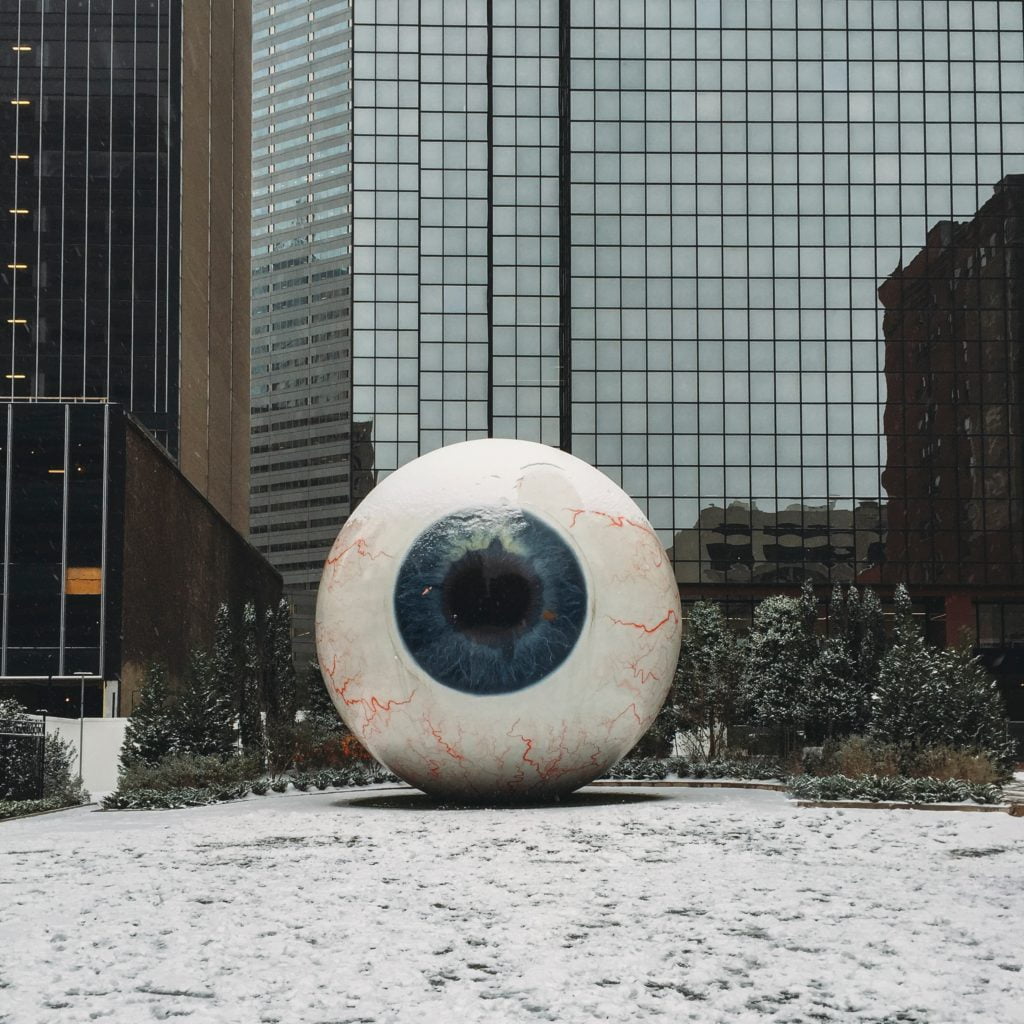I recently had a routine eye test and contact lens check with my optician. As usual he looked at the health of my eyes and asked all the routine questions – one of which was did I smoke? I never have so it wasn’t relevant, but we then got into a discussion about how many people aren’t aware that their lifestyle choices impact their eyesight.

For example, half of UK adults have no idea that your diet can affect your eyesight. If you have a deteriorating eyesight, check out air optix astigmatism. A poll of 2,000 adults found 49 per cent are clueless when it comes to the nutrients and vitamins which can boost eye health.
Fewer than one in 10 recognise zinc as being important for the maintenance of healthy eyes, and only 45 per cent realise your diet can directly impact your eyes.

However, 48 per cent associate eating carrots with good eye health, which is where the UK’s knowledge of visual well-being and nutrition seems to stop. Carrots help you see in the dark right?
The stats emerged in an ‘EyeQ’ study by Optrex to understand the nation’s true eye health intelligence. There are one million people in the UK living with avoidable sight loss and while failing to have regular eye examinations is perhaps the biggest risk for avoidable sight loss, lifestyle factors also play a significant role.
Understanding that your diet, how active you are, whether you smoke and how well you protect your eyes from the sun’s damaging UV can all affect your eye health could help prevent you suffering unnecessary vision impairment in the future.
The study also found that although the eye is the fastest moving muscle in the body, with two million moving parts, eyes often remain a much lower priority than many of the other muscles used every day.

Just one in 10 said they take preventative measures to care for their long-term eye health.
More than half also admitted that caring for their eyes is not part of their daily routine even though 67 per cent admit they actively worry about their long-term eye health.
In fact, in a year, almost half of adults spend less than £15 on caring for their eyes, excluding glasses, but spent that much per month on their physical appearance, including hair, skin and beauty regimes.
Worryingly, eight in 10 spend extended periods of time looking at a screen in their spare time, according to the research conducted through OnePoll. In the last 12 months, 48 per cent have suffered from tired eyes, while 56 per cent have itchy or sore eyes.

Do you make a point of caring for your eyes? Do you have regular eye-health check ups? If you have any concerns about your eyes, speak to an optician – remember, they are eye experts!


1 comment